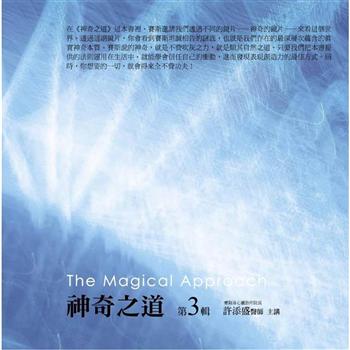Synopsis: In his commentary on Hosea, H. W. Wolff proposed that the divine marriage metaphor is the central metaphor of the entire OT. In Hebrew prophetic books, the metaphor reflected the covenantal relationship between Yahweh and his people. No other metaphor reached as deeply into the heart of this relationship or better described the tragedy of a broken relationship between Yahweh and his people. No other metaphor expressed more fully the abundance of God’s grace shown in the promise of covenant restoration and renewal in the eschaton. In this volume, Polish Reformed academic Sebastian Smolarz demonstrates that the divine marriage metaphor is also one of the leading NT metaphors used to describe God’s restored covenant relationship with his people, especially in the Book of Revelation. Smolarz argues for continuity between OT and NT concepts and theologies in general, and for continuity between the Apocalypse and OT material in particular, showing that the Apocalypse has much in common with other parts of the NT. In doing so, he focuses on some Gospel parables and reads them against their OT background. He also examines instances of the divine marriage metaphor in Paul’s theological reflections. The focus of Smolarz’ volume is a covenantal reading of the Apocalypse. He argues that the metaphor helps to establish the Apocalypse’s Sitz im Leben, which he relates to the main conflict between the faithful and the unfaithful within the people of God in the first century CE. His work establishes that the Apocalypse contains not only explicit instances, but also implicit references and many echoes of this covenantal metaphor. Endorsements: "In this important work Dr. Smolarz provides a thorough, insightful, and compelling presentation of the divine marriage imagery as it appears in both the Old and New Testaments. He shows that the metaphor arose in the prophets as they reflected on the covenant at Sinai and that it informs all of biblical eschatology. Though he covers many portions of Scripture, his lengthy analyses of Hosea and Revelation are especially significant. Smolarz’ work not only opens to us a better understanding of biblical eschatology in general, but of Revelation in particular. I am thankful for his work; it has enormously impacted my own research on Revelation." --Kenneth L. Gentry, Jr. author of Before Jerusalem Fell "Sebastian Smolarz has brought to our attention a much neglected theme, whose absence from the church’s thinking and understanding has led to its impoverishment. In his fine, extensive, and detailed study, he interacts with the writings of the Old Testament, the intertestamental period, and the New Testament. Important and helpful insights are presented, especially when applied to the book of Revelation." --Tom Holland Head of Biblical Research Wales Evangelical School of Theology Author Biography: Sebastian R. Smolarz lectures in biblical theology at the Evangelical School of Theology in Wroclaw, Poland.
| FindBook |
有 1 項符合
Covenant and the Metaphor of Divine Marriage in Biblical Thought: A Study With Special Reference to the Book of Revelation的圖書 |
 |
Covenant and the Metaphor of Divine Marriage in Biblical Thought: A Study With Special Reference to the Book of Revelation 作者:Smolarz 出版社:Wipf & Stock Publishers 出版日期:2010-10-14 語言:英文 規格:平裝 / 393頁 / 22.9 x 15.2 x 2.5 cm / 普通級 |
| 圖書館借閱 |
| 國家圖書館 | 全國圖書書目資訊網 | 國立公共資訊圖書館 | 電子書服務平台 | MetaCat 跨館整合查詢 |
| 臺北市立圖書館 | 新北市立圖書館 | 基隆市公共圖書館 | 桃園市立圖書館 | 新竹縣公共圖書館 |
| 苗栗縣立圖書館 | 臺中市立圖書館 | 彰化縣公共圖書館 | 南投縣文化局 | 雲林縣公共圖書館 |
| 嘉義縣圖書館 | 臺南市立圖書館 | 高雄市立圖書館 | 屏東縣公共圖書館 | 宜蘭縣公共圖書館 |
| 花蓮縣文化局 | 臺東縣文化處 |
|
|
圖書介紹 - 資料來源:博客來 評分:
圖書名稱:Covenant and the Metaphor of Divine Marriage in Biblical Thought: A Study With Special Reference to the Book of Revelation
|







![塔木德:猶太人的致富聖經[修訂版]:1000多年來帶領猶太人快速累積財富的神祕經典 塔木德:猶太人的致富聖經[修訂版]:1000多年來帶領猶太人快速累積財富的神祕經典](https://media.taaze.tw/showLargeImage.html?sc=11100697818)



